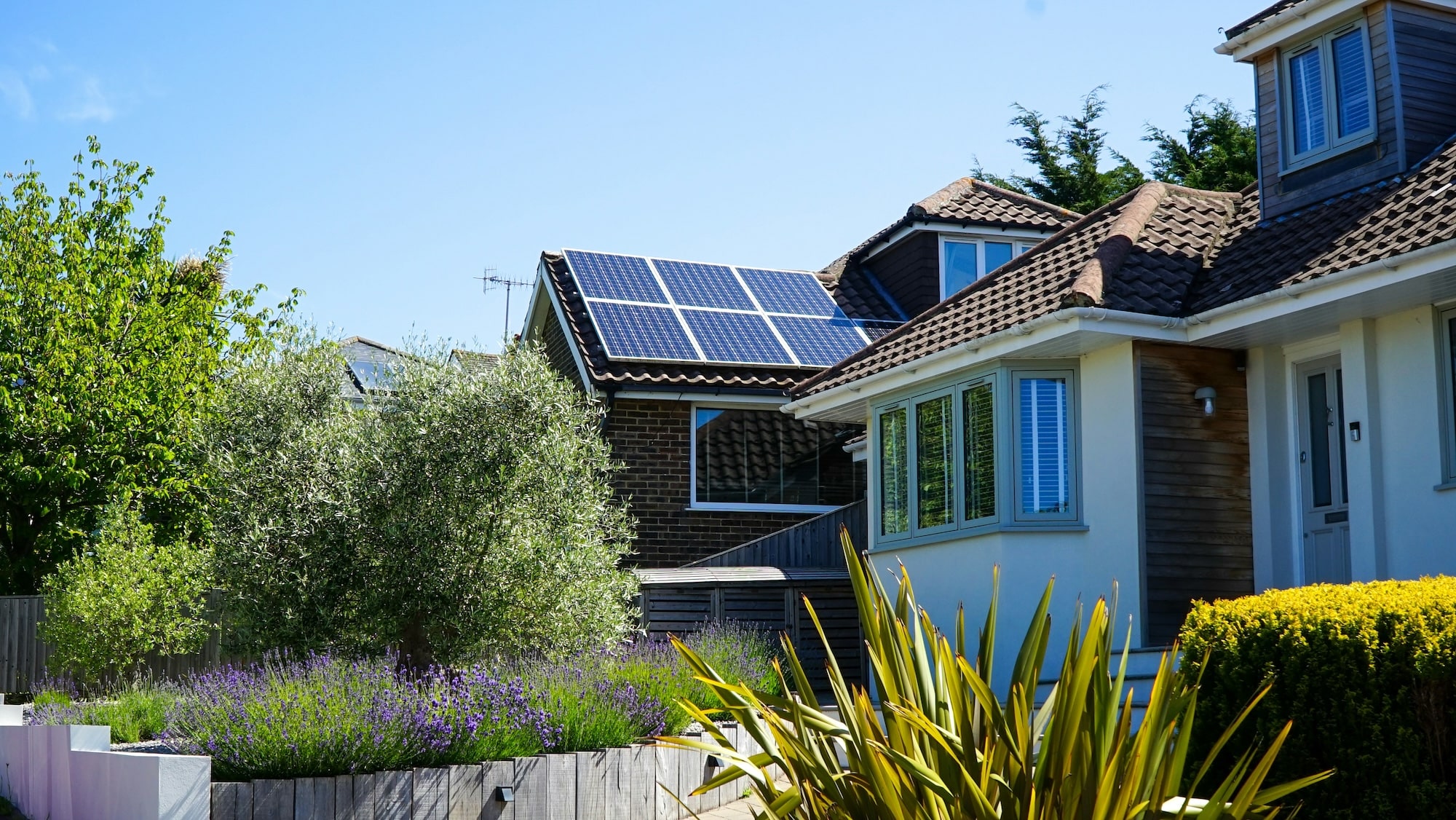
Installing solar panels is one of the smartest ways to cut energy bills and take more control over your electricity supply. It’s also a step many UK homeowners and businesses are choosing as the country pushes towards net zero.
But if you’re considering solar, one of the first questions you’ll have is: how long does it actually take to get them fitted and up and running?
TL;DR: How Long Does It Take to Install Solar Panels?
A standard home solar panel installation takes 1–3 days once the design and planning stage is complete.
Larger commercial or public sector projects may take a little longer depending on the size of the system and the complexity of the site.
The full process, including consultation, site survey, permissions, and system design, can take a few weeks to a couple of months.
How Long Does Solar Panel Installation Take?
Domestic Solar Installations
For most UK homes, a solar panel installation takes between one and three days. The exact time depends on the size of the system and a few practical details, such as the type of roof, how easy it is to access, and of course the weather.
A straightforward setup on a standard roof can often be completed quickly, while homes with more complex layouts may take a little longer. Our goal is always to complete the installation efficiently, without cutting corners on quality.
Commercial Solar Installations
Larger projects, such as schools, offices, and warehouses, naturally take longer. Depending on the number of panels and the complexity of the system, these jobs can run from several days to a few weeks.
We understand that businesses and public sector organisations need to keep running while work is carried out, so we plan carefully to minimise disruption. Our team works around your operations wherever possible, ensuring a smooth installation from start to finish.
What Affects the Time to Install Solar Panels
Property Type and Size
The time it takes for an installation of solar panels will vary depending on the type of building.
A small domestic system on a typical home can usually be fitted in a couple of days, while larger commercial or public sector projects may take longer because of the scale involved.
Bigger systems need more panels, more wiring, and sometimes additional equipment, which naturally extends the installation timeline.
Planning and Permissions
In most cases, installing solar panels in the UK doesn’t require full planning permission, but there are exceptions. Listed buildings, conservation areas, or unusual roof designs can all add extra steps.
Another important stage is securing approval from the Distribution Network Operator (DNO) to connect your solar power system to the grid. We take care of this process for you, so there are no unnecessary delays and everything stays compliant.
System Design and Components
Every solar panel system installation we carry out is designed to suit the property. Factors like the angle and strength of the roof, the existing electrical setup, and whether you want extras such as battery storage all affect the design process.
The more tailored the system, the more preparation is needed, but this ensures you get the best long-term performance. By getting the design right at the start, we keep the installation smooth and efficient.
The Solar Panel Installation Process with Bolton Electrical
Step 1: Consultation and Site Survey
Every project begins with a free consultation so we can understand your energy needs and goals. We then carry out a site survey to check your roof structure, orientation, and electrical setup.
This gives us the detail we need to design a system that will work efficiently for your property.
Step 2: Design and Planning
With the survey complete, we create a tailored system design that maximises energy output and suits your building.
We also take care of all the necessary paperwork, from planning considerations to compliance with UK regulations, so you can relax knowing everything is covered.
Step 3: Installation
Our engineers install the panels, inverter, and wiring with minimal disruption to your home or business.
We use safe and efficient methods throughout, and our qualified team makes sure every part of the installation is completed to the highest standard.
Step 4: Testing and Commissioning
Once the system is in place, we carry out a full series of checks to confirm everything is working safely and correctly. At handover, we walk you through how to monitor your solar panel system so you can track your energy savings with confidence.
How Bolton Electrical Minimises Installation Time
Experienced Team
With more than 50 years in the electrical industry, we bring the knowledge and experience needed to keep projects running smoothly.
Our reputation is built on efficiency and customer satisfaction, and we always aim to complete installations quickly without ever cutting corners.
Tailored Project Management
From your first consultation to final handover, we manage the entire process in-house. This approach reduces delays, ensures every step is handled properly, and keeps communication clear.
Our engineers work cleanly and professionally, completing each installation with minimal disruption to your home or business.
Learn more about our Solar Panel Installation in Bolton & North West
Solar Panel Installation FAQs
How long does it take to install solar panels in the UK?
For most homes, installation takes 1–3 days. Commercial projects may take longer depending on size and complexity.
Do I need planning permission for solar panels?
Not usually, but some listed buildings or conservation areas may require it. We advise on this as part of our service.
How long does it take from booking to full installation?
It takes a few weeks to a few months to complete most projects, including consultation, design, and approvals.
Does weather affect installation time?
Yes. Heavy rain or strong winds can delay roof work, but we always plan around safe working conditions.
Can you install solar panels and batteries at the same time?
Yes, and this may add a little extra time, but it is more efficient than installing separately.
